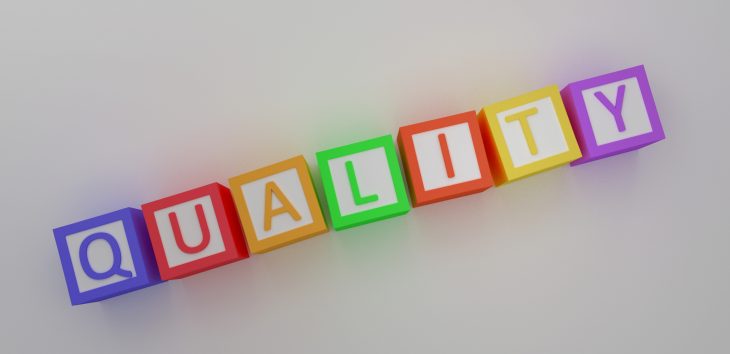 Recently, the use of off-page SEO techniques to improve organic search rankings has overshadowed traditional factors like keywords and meta tags.
Recently, the use of off-page SEO techniques to improve organic search rankings has overshadowed traditional factors like keywords and meta tags.
While quality indicators like authoritative organic links and social media clout are important, good on-page SEO is nevertheless still quite critical. Pushing on-page SEO to the back burner is a mistake that should be avoided at all costs. In 2014 and moving forward, you’ll want to focus on the following on-page factors.
Authorship Information
No matter how sophisticated search algorithms become, quantifying relevance isn’t an exact science. More importantly, what constitutes relevance is always changing from month to month. On an increasingly social web, author reputation is everything. Google Authorship gives bloggers and website owners a way to leverage their established clout for SEO gains. Be sure to include Authorship details on all published posts to benefit from the reputations of posters.
Fresh, Steady Content Streams
Today’s web is all about current events. Granted, evergreen content stands the test of time and search engines reflect that with SERPs attuned to highly specific search queries. However, the ranked content that’s served up to mobile searchers for the vast majority of queries tends to share one thing in common. That shared quality is almost always timeliness. To stay on top, publish original, relevant content at a predictable pace.
Clean Link Structures
Avoiding the dreaded duplicate content penalty is the name of the game for many sites. The proper use of rel="nofollow" goes a long way in this regard. Beyond that, it’s important to adopt a link scheme that eschews nonsensical numbers in favor of URLs that incorporate major keywords. Whatever your link scheme may entail, be sure that it’s standardized across your domains for the best results possible.
LSI Keyword Depth
Some SEO gurus are adamant about proving that keywords no longer matter. That assertion is so ridiculous that it’s not even worth addressing. Keywords are how search engines and people find and assess the relevance of content, for the most part. Latent semantic indexing is a more nuanced approach to the keyword conundrum. If you want better SERPs results, you’ll need to build out your keyword profiles.
Image Tag Optimization
If there’s one area where lower-level tag optimization matters, it’s the field of image categorization. More and more, the ability to search content based on visual data impacts SERPs like never before. Look no further than Google Images or Bing Images to witness the effectiveness of such approaches. As a result, descriptive image tags are quite important when it comes to getting your content exposed to a wider audience online.
End of Transmission
To summarize, on-page factors are still every bit as important as off-page ingredients in the SEO recipe. Obviously, SEO best practices such as optimized title and header tags still matter to some extent. However, most CMS platforms like WordPress or Drupal take care of those mundane concerns for you. In the coming year, the on-page factors profiled here will be the keys to improving your cumulative SEO health for all online properties concerned.



